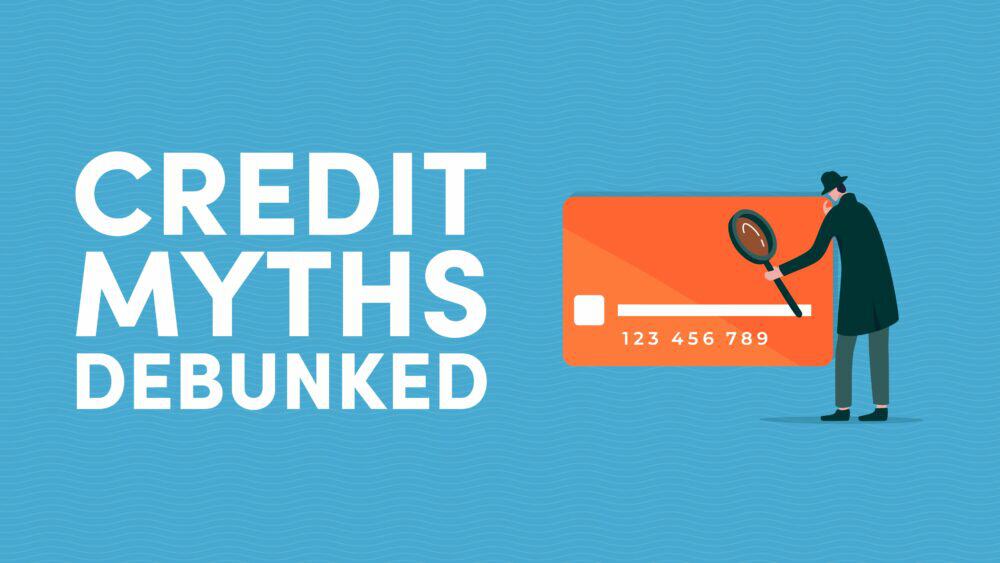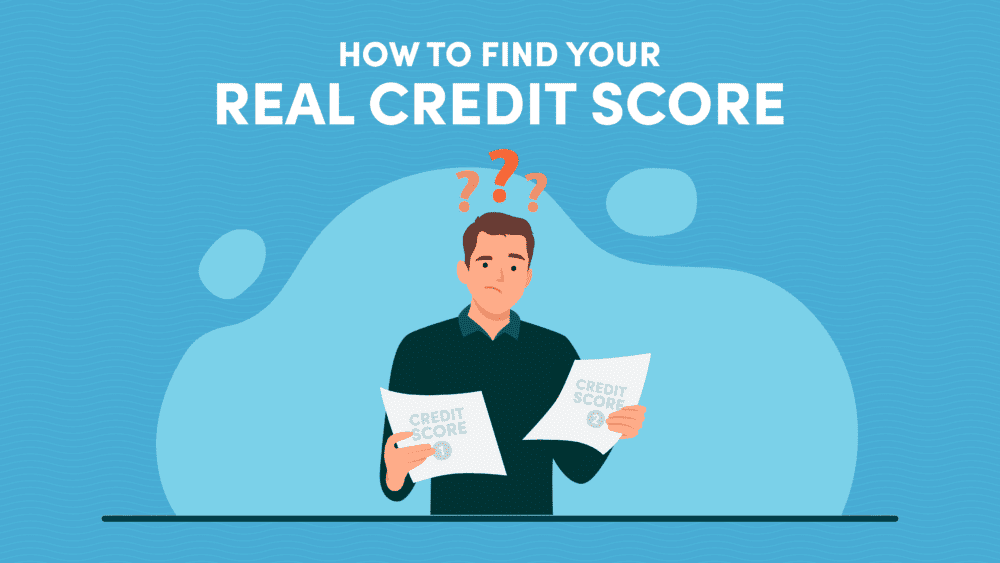
10xTravel is part of an affiliate sales network and receives compensation for sending traffic to partner sites, such as CreditCards.com. This compensation may impact how and where links appear on this site. This site does not include all financial companies or all available financial offers. Terms apply to American Express benefits and offers. Enrollment may be required for select American Express benefits and offers. Visit americanexpress.com to learn more. All values of Membership Rewards are assigned based on the assumption, experience and opinions of the 10xTravel team and represent an estimate and not an actual value of points. Estimated value is not a fixed value and may not be the typical value enjoyed by card members.
Note: Some of the offers mentioned below may have changed or may no longer be available. The content on this page is accurate as of the posting date; however, some of our partner offers may have expired. You can view current offers here.
There can be many good reasons for closing a credit card account, such as divorce or separation from a partner, costly annual fees, and spending problems. However, closing a credit card account can potentially hurt your credit score.
The problem is that most people don’t understand how this seemingly simple action can result in a decline in their credit score. However, understanding the consequences and the alternatives to canceling a credit card account can help consumers navigate this process without hurting their credit score.
As you may know, there are numerous credit scoring models, such as the FICO Score, Vantage Score, and more, all of which differ slightly from one another but typically use similar variables to calculate the final credit score. Closing a credit card will impact your score because of the following factors (we’ll discuss each in detail later):
- The average age of the account
- Credit utilization
- Credit mix
Note: Your credit score is generally calculated with several factors grouped into five main categories. We published this guide to understanding your credit score which discusses each in detail.
Below, we’ll go over three explanations for how closing a credit card can lower your credit score, including the average age of the account, credit utilization, and credit mix. We’ll also discuss good reasons for closing a credit before recommending the best ways to do so without hurting your score. Finally, we’ll examine alternatives to credit card cancellation.

Ways Closing a Credit Card Can Hurt Your Score
Most people don’t understand how the one small act of closing a credit card account can result in a lower credit score. Before you close a credit card, read these three ways you will be impacting your credit score.
A Surge in Your Credit Utilization Ratio
Credit utilization is the ratio between the money spent and the total amount of credit available to you. In other words, how much you owe in credit card balance versus the credit card limit–usually expressed in percentage. The more you use your available credit and get close to reaching the limit, the more it’ll impact your score.
For example, if you hold a credit card with a $10,000 limit and spend about $2,000 on average every month, that’s a 20% credit utilization, which is good for your score. Credit utilization accounts for 30% of your score. As a cardinal rule, keeping your credit utilization rate below 30% will improve your credit score.
Now that we know what credit utilization is, let’s consider another scenario where one has two credit cards using a table.
| Card Type | Credit Card Limit | Credit Card Balance |
|---|---|---|
| Credit Card 1 | $8,000 | $3,000 |
| Credit Card 2 | $5,000 | $200 |
To get your total credit utilization, divide the total balance by the total credit limits of the two cards and multiply by 100.
Total credit utilization = ($3,000 + $200) / ($8,000 + $5,000) x 100 = 24.6%
Now, when you close Credit Card 1, and continue to spend a total of $3,200, there will be an immediate surge in credit utilization. A $3,200 balance with a $5,000 limit on Credit Card 2 will increase your utilization rate from 24.6% to 64%, way above the recommended rate of 30%.
See, the lower your credit utilization relative to the total available credit, the better your score. However, if you close a credit card, your total available credit will decrease and, in turn, increase your credit utilization ratio.
From a lender’s perspective, a higher credit utilization rate gives a perception that one relies too much on credit. While this may not actually be the case, that’s what the numbers suggest when lenders determine whether or not to approve a loan request.
Spoiler alert: Credit issuers sometimes initiate the closing of credit cards due to inactivity, which can also impact your score. If you hold an older card, use it sparingly to prevent inactivity and possible closure by a credit card company.
It Changes the Average Age of the Account
The average age of accounts is the easiest of the three factors to explain. One prime factor affecting your credit score is how long you’ve had credit extended to you. The credit bureaus look at the average age of all your accounts, which factors into your credit score.
In particular, the average age of the account ranks third at 15% in factors contributing to your credit score, right behind payment history at 35% and credit utilization at 30%. The larger your average age of account is, the better.
While a 15% change may seem small, that can be a huge drop when speaking in the domain of credit scores. For example, if you have a 700 credit score, a 15% drop will be 105 points. If we use the FICO score scoring model, 700 is considered good (a score between 670 and 739), while a 105-point drop will move you down to “a fair credit score” (a score between 580 and 669).
However, some people may argue what could be the perfect average age of the account. A study by FICO revealed that the average account age of people with an 800+ credit score is about 128 months (around 10.6 years). But this doesn’t suggest achieving a decent credit score will take long.
Unless it’s necessary to close, we recommend holding on to your old credit cards to avoid wreaking havoc on your average credit account length. If you walk around closing a bunch of your old credit cards, it’s a guarantee that your score will tumble.
Credit Mix
Credit mix focuses on the different types of credit accounts you have open. This could include credit accounts such as mortgages, student loans, credit cards, etc. The more diverse your account is, the better your score. Credit mix contributes to 10% of your credit score. From the lender’s perspective, diverse credit accounts demonstrate one’s ability to manage their financial obligations.
Although credit mix doesn’t weigh much when calculating your score compared to credit utilization and the average age of the account, you should still be mindful of closing several credit card accounts within a short time. If you have a 700 credit score, a 10% drop will be 70 points, which takes you from “a good credit score” to “a fair credit score.”

Good Reasons to Cancel a Credit Card
Closing a credit card account is generally considered a wrong move. However, some situations prove the contrary. Here are five of them.
Divorce or Separation from a Spouse
If you and your spouse are on the brink of separation and have a joint credit card account, it’s best to close it. Finances are a sensitive matter–the last thing you want is to deal with your ex-partner after a separation is a credit card balance. As a joint cardholder, you are still obligated to any current or future charges. Separation or divorce doesn’t release you from that obligation unless you close the card.
Make arrangements with the card issuer and follow the due process to cancel your card without hurting your score (more on this later in the article).
Costly Annual Fee
Another reason to close a credit card is if the card issuer charges a high annual fee. Generally, credit card annual fees vary–if your card’s annual fee outweighs the benefits, cancellation is justified. There’s no need to keep a card open that you no longer benefit from.
However, we recommend you pay off any outstanding balance before closing the card. This way, you won’t incur any interest rate and negatively impact your score in the long term.
You Have a Spending Problem
The inability to control spending habits is one of the reasons many go broke and max out their cards. Even worse, poor spending habits plus too much available credit is a recipe for financial disaster. If this sounds like you, owning several cards harms your financial well-being. You’ll end up using almost all, if not all your credit available, negatively affecting your credit score. Remember, we always recommend keeping your credit utilization below 30% to maintain a good score.
Before closing your credit card, try storing it in a safer place beyond your reach other than your wallet to avoid the temptation. If the spending problem is extreme, let closing the card be your last resort.
High Interest Rate
If your card issuer charges you a high interest rate, consider negotiating for a lower rate. At the same time, inform them of your plan to close the credit card due to the high-interest rate. You’ll be surprised what negotiating will yield afterward.
The Card Doesn’t Meet Your Needs
We understand that, at some point, lifestyle changes. As a result, one of your existing credit cards might not fit into your new way of life. For example, if you have a credit card linked to an airline you no longer fly and don’t wish to pay the annual fee, it’s best to close it.
Best Way to Cancel a Credit Card without Hurting Your Score
If closing a credit card account is inevitable, the least you can do is do it right to avoid hurting your score in the long term. Here are some steps to close a card without hurting your score:
Stop Using the Card Before Canceling
The first thing to do is stop using the card and cancel existing recurring payments you have set up on the card. Double-check your credit card statement the following month to ensure no recurring payments exist since it’s easy to forget.
Pay off Your Balance
Although some credit card issuers will allow you to close an account with a balance, paying the account in full is always simpler. If you don’t, you might overlook it, negatively impacting your credit score.
Redeem Any Points/Miles Left in Your Account
If you close a credit card without redeeming any points/miles left in the account, you risk forfeiting them. But you can avoid this by understanding who owns your points. For the vast majority of credit cards, ownership of points can be grouped into three:
- Airline
- Hotel
- Bank
The airline company owns the airline credit card points, not the card issuing bank. This means the bank has no control over your points once awarded–so you will not lose your points when closing the airline credit card. Similarly, the hotel owns hotel credit card points, not the card issuing bank. You will also not lose your points when closing the hotel credit card.
Unfortunately, bank credit cards are the ones in which you risk losing points when closing without redeeming points. We recommend you use or transfer any points before closing a reward program credit card.
Request to Cancel Your Card
After following the first three steps, request the card issuer to cancel your credit card and remember to ask for a written confirmation that your account balance is zero. At this point, if you wish to cut up the card, do it at your discretion.
Monitor Your Three Credit Reports
Destroying your card is not the end of the process. Check with the three credit bureaus (Equifax, Experian, and TransUnion) to confirm the card issuer updated the account to reflect it’s closed and with zero balance. Errors in your credit reports can massively hurt your score and ruin your chances of getting new lines of credit.
3 Alternatives to Canceling Your Credit Card
Let closing a credit card be the last resort. Otherwise, you can explore alternatives to your pain points, whether it’s a high rate, a high annual fee, etc. Here are the alternatives to consider before resorting to closing a credit card:
Negotiate a Lower Rate
If a higher annual percentage rate (APR) is your primary reason for closing a credit card account, consider contacting the card issuer to negotiate a lower rate first. Some credit card issuers are willing to waive or lower rates as a customer retention strategy.
Downgrade to a Credit Card with No Annual Fee
If you own a credit card with a high annual fee, find out with the same issuer whether they have a card with no annual fee and downgrade instead of canceling it. Downgrading can help you avoid the annual fee and keep the card, which is good for your credit utilization.
Keep the Card Open
If your concern is that you rarely use the card, the better alternative would be to set up an automatic payment for a small service like a Netflix account. This way, the card issuer will not initiate the credit card closure due to inactivity. On the upside, the card will continue to report a positive payment history–payment history accounts for 35% of your credit score.

When Should You Not Close a Credit Card?
First, you should not close your oldest credit card account, chances are your oldest credit card is a no-annual-fee card, anyway. Keep it open so it keeps your average age of accounts high. Set up a monthly automatic payment and remember to pay it timely.
Second, don’t close your card with a high credit limit. Losing this card will hurt your credit score in the short term, although your credit utilization will improve again as you get new cards.
Is It Worse to Close a Credit Card or Never Use It?
It’s better to keep unused cards than close them to benefit from more significant credit amounts available and a more extended average credit history. However, keeping them is not enough, use them sparingly and remember to pay the balance timely so the card can report a positive payment history.
Final Thoughts
Closing a credit card without prior knowledge can massively impact your score. If the high rate is your concern, negotiate for a lower rate. If it’s an annual fee, downgrade to a card with no annual fee instead of canceling the credit card account. Lastly, keep your old card open and set up an autopay, such as a Netflix account.
In the words of Warren Buffet, “Risk comes from not knowing what you’re doing.” Now you know what to do when considering canceling a credit card account.
New to the world of points and miles? The Chase Sapphire Preferred® Card is the best card to start with.
With a bonus of 75,000 bonus points after you spend $5,000 on purchases in the first 3 months from account opening. , 5x points on travel booked through the Chase Travel Portal and 3x points on restaurants, streaming services, and online groceries (excluding Target, Walmart, and wholesale clubs), this card truly cannot be beat for getting started!
Editors Note: Opinions expressed here are author’s alone, not those of any bank, credit card issuer, hotel, airline, or other entity. This content has not been reviewed, approved or otherwise endorsed by any of the entities included within the post.









